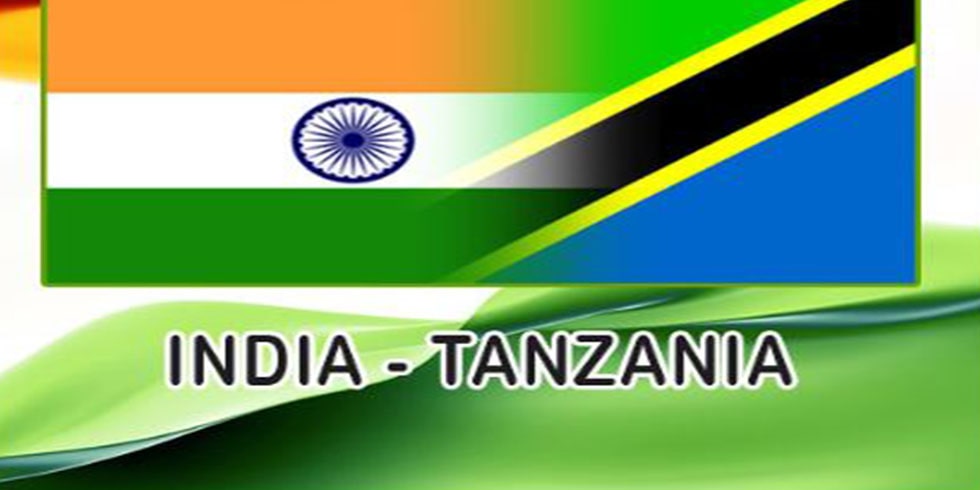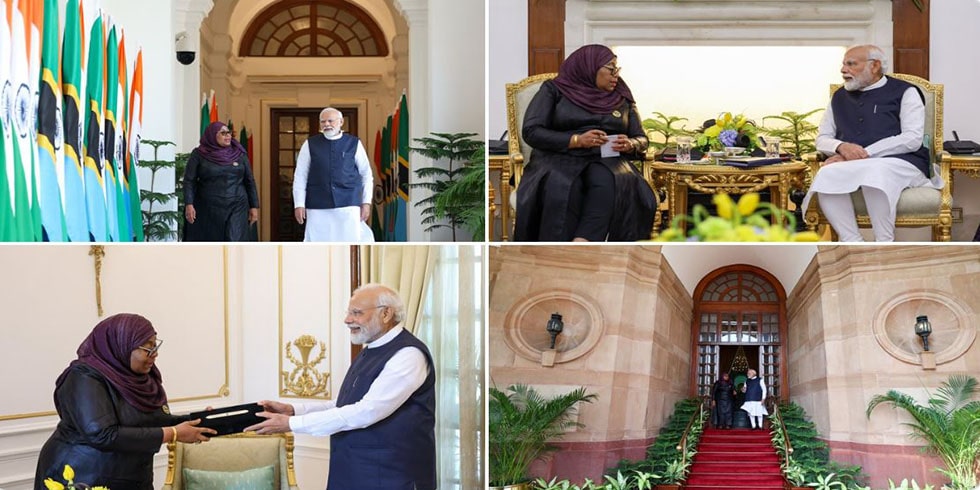The African Continental Free Trade Agreement provides opportunities for India.
There is no shortage of evidence of the advantages that a free trade zone may provide to its member economies. One of the goals of the free trade area for Africa is to improve intra-African commerce and strengthen the continent's standing in the global market.
The African market is presently more outward-oriented due to colonial history, the nature of the countries' resource endowments, and the status of their infrastructure. This paper proposes that by establishing a free trade zone, African businesses will get access to a larger client base and a wider range of resources.
Internal tariffs will be eliminated, making it easier to transfer raw commodities and natural resources across Africa.
Other possible benefits of the AfCTA include trade diversification and the development of value chains. The deal may make it easier for small and medium-sized businesses (SMEs) to start up and develop in Africa, particularly by reducing the cost of inputs and raw materials.
According to studies, the free trade zone has the potential to draw more international investment into Africa, therefore benefiting the native industry. While most investments are now focused on extractive industries, the domestic market's development possibilities may draw investments in other sectors like as agriculture, food processing, and services. It has the potential to boost manufacturing and offer job opportunities in Africa.
It's also suggested that this might lead to higher earnings and benefits for women and low-wage workers. A lot of Indian corporations have made investments in the African market, and it is expected that with the AfCFTA, Africa's trade unification, India's investments in the continent would grow even more.
Between January 2015 and May 2021, India made a total of USD 23.3 billion in outbound investments to Africa. Mauritius (84 percent), Mozambique (11 percent), and South Africa (11 percent) account for the majority of these investments (1 percent). Financial services account for the bulk of these investments in Mauritius, followed by transportation, storage, and communication services. The majority of investment in Mozambique goes towards mining, while in South Africa it goes into financial services.
Financial services, telecommunications services, and mining are among the most popular destinations for FDI from India to Africa. ONGC Videsh Limited, Bharti Airtel Limited, Vedanta Limited, Shapoorji Pallonji Infrastructure Capital Company Private Limited, GMR Infrastructure Limited, and Sun Pharmaceutical Industries Limited are just a few of the significant Indian investors having abroad assets in Africa.
As a result, the bulk of investments from India to Africa are in the services sector, with the bilateral tax treaty between the two countries accounting for the majority of these. However, there are considerable overlaps with India's bilateral trade patterns, notably in resource-seeking ventures in the mining and chemical industries. Under the AfCFTA, these trade and investment ties can be enhanced.
Furthermore, as the preceding discussion shows, India's trade and investment interests in Africa are extremely diverse. As a result, the AfCFTA is projected to provide chances for India with Africa by integrating it into global value chains, as well as within Africa by encouraging economic links with other African nations.










Add Comment